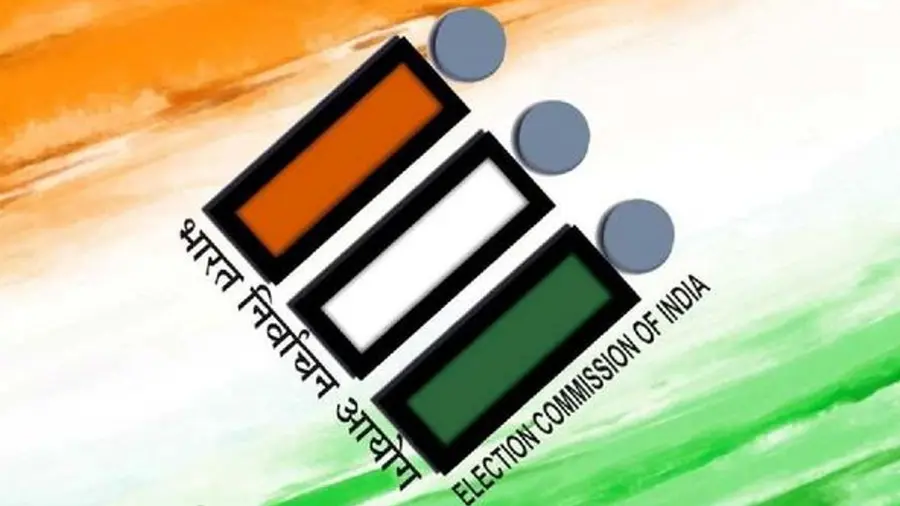EC Rejects Aadhaar, Voter ID, Ration Card for Bihar Roll Revision
News THE ECONOMIC TIMES, livelaw.in, LAW, LAWYERS NEAR ME, LAWYERS NEAR BY ME, LIVE LAW, THE TIMES OF INDIA, HINDUSTAN TIMES, the indian express, LIVE LAW .INSupreme Court told these documents can’t verify voter eligibility in SIR

New Delhi, July 22, 2025 – The Election Commission (EC) has informed the Supreme Court that Aadhaar, voter ID, and ration cards cannot be used to verify voter eligibility. This clarification applies to the ongoing voter roll revision in Bihar. The clarification comes amid rising concerns of voter exclusion in the state. According to the EC, these documents do not establish citizenship, which is a constitutional requirement for inclusion in electoral rolls. The Commission reiterated that the Bihar voter roll revision must adhere strictly to constitutional norms.
The EC emphasized that while Aadhaar may serve as identity verification, it does not confirm citizenship. The EC says Aadhaar does not prove citizenship, and voter ID cards often come from old rolls that may contain errors. Similarly, the Commission pointed out that ration cards are frequently unreliable due to widespread instances of fake or outdated entries.
The EC cited Articles 324 and 326 to justify its authority over procedures that protect voter list integrity. It said these provisions empower the EC to decide procedures that uphold the purity and integrity of electoral rolls. “The Commission isn’t excluding citizens, only fulfilling its constitutional duty to verify eligibility,” it told the Supreme Court.
Chief Election Commissioner Rajiv Kumar emphasized that the Commission remains committed to inclusive elections. Chief Election Commissioner Rajiv Kumar emphasized that every voter must prove eligibility using “credible and constitutionally sound” documentation. He clarified that voters wrongly excluded during the Bihar voter roll revision can reapply through the official grievance process.
The move has stirred a debate among political parties and civil society groups. Critics argue that the EC’s insistence on stricter criteria could lead to mass disenfranchisement in marginalized communities. Supporters, however, claim the Commission is acting responsibly by tightening eligibility checks to prevent electoral fraud.
Initially, the Bihar government supported the EC’s verification drive. However, it has now urged the Commission to ensure that no legitimate voter is excluded from the Bihar voter roll revision. Meanwhile, the Centre is keeping a close watch on the issue, especially as opposition parties have raised concerns in Parliament, calling for more transparency in the revision process.
Legal experts say this could become a landmark case on voter eligibility criteria and the autonomy of the Election Commission. Meanwhile, the Supreme Court will continue hearing the case in the coming weeks. In the meantime, the Election Commission has issued fresh guidelines to district officials in Bihar, instructing them to proceed cautiously and follow due process for all applicants.
The outcome of this dispute may shape future electoral processes, especially in states with complex demographic profiles. As India prepares for several key assembly elections later this year, the outcome of the Bihar voter roll revision could set a nationwide precedent.
Source
